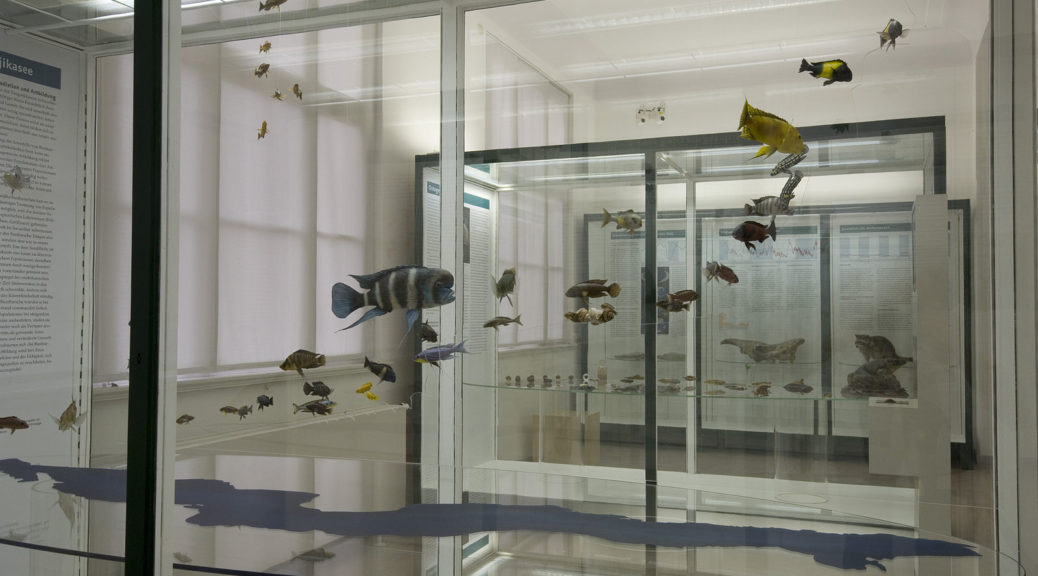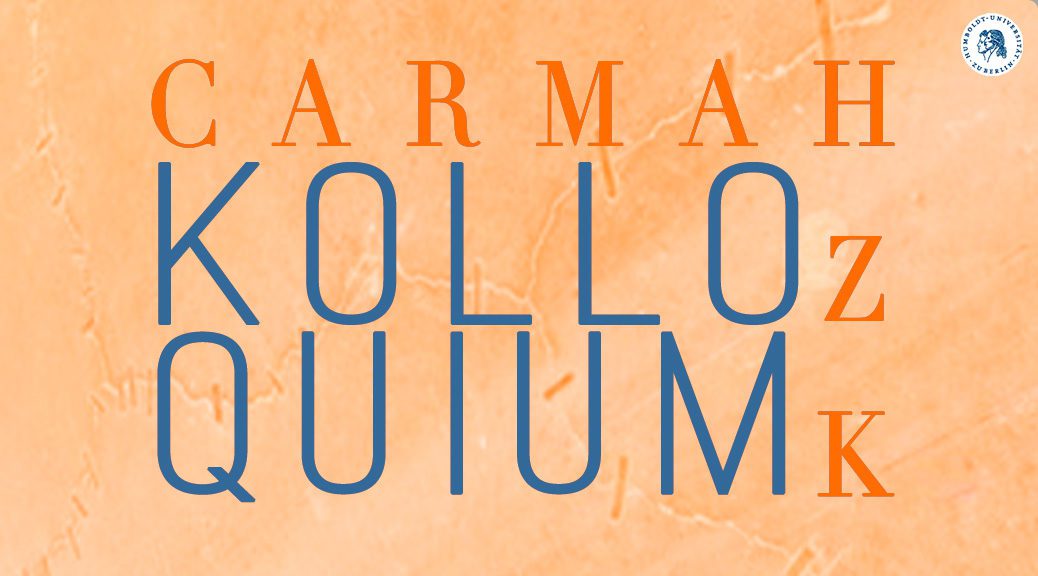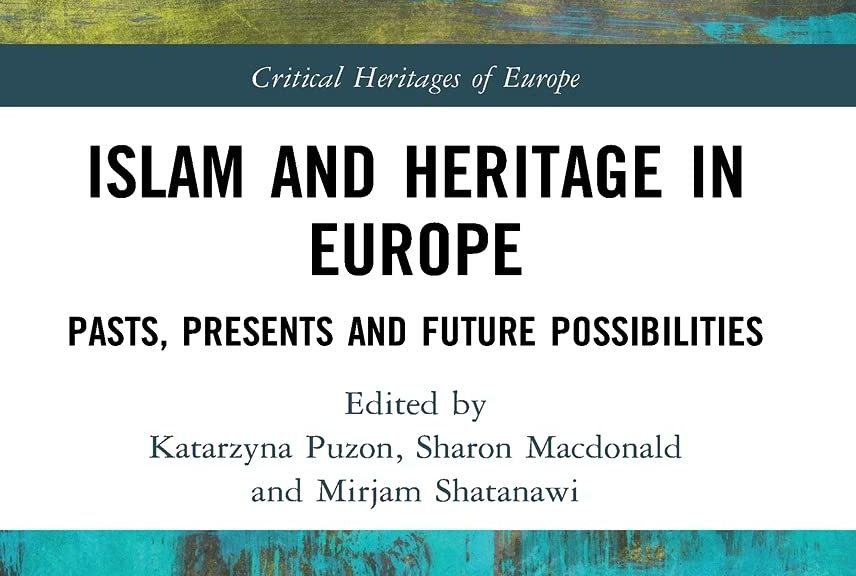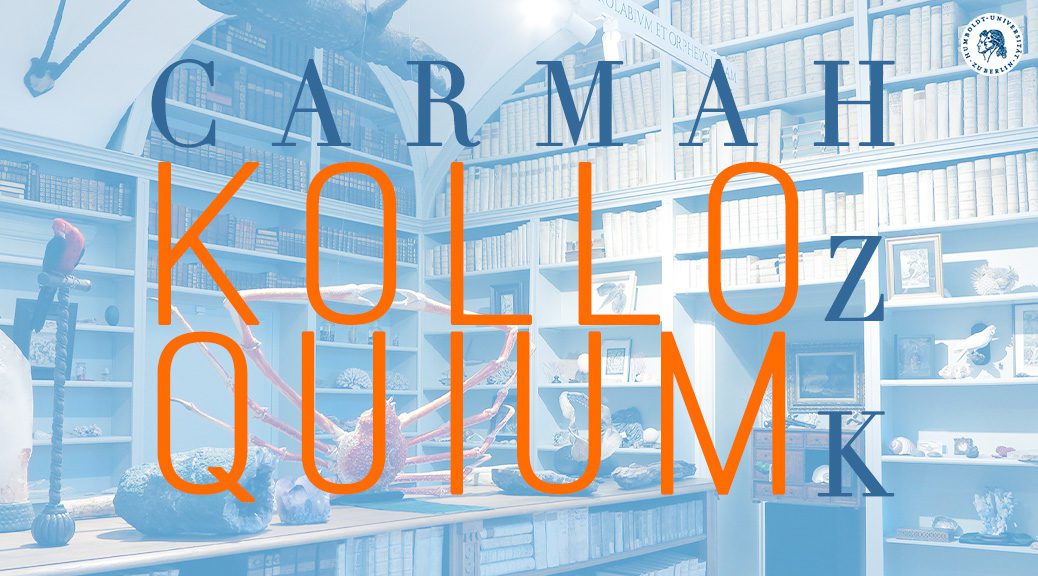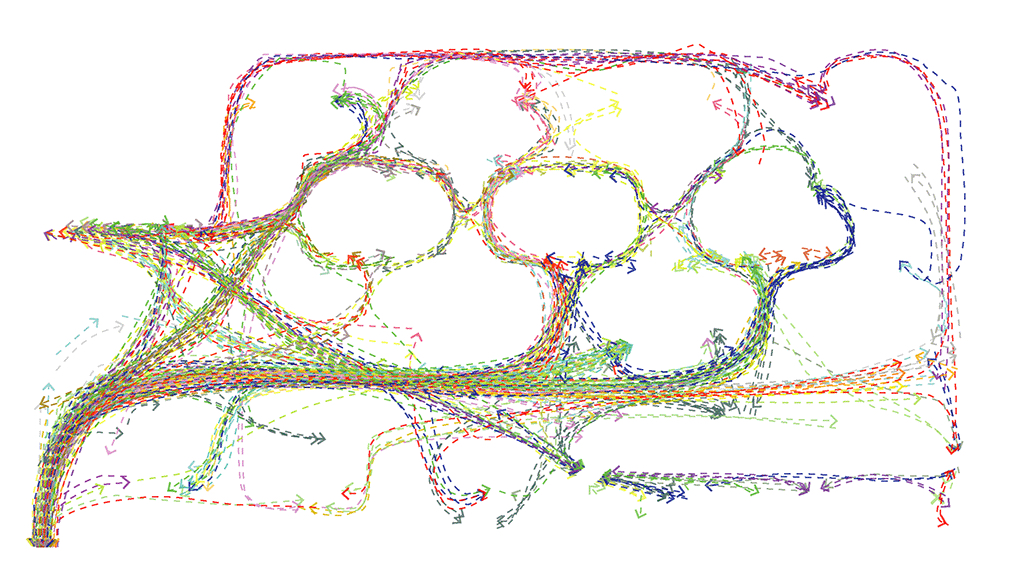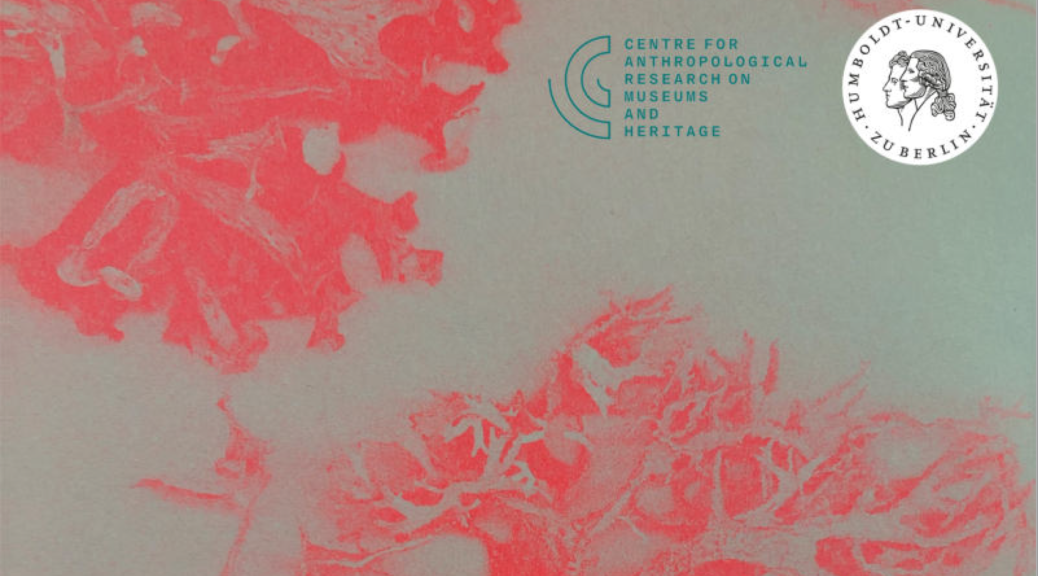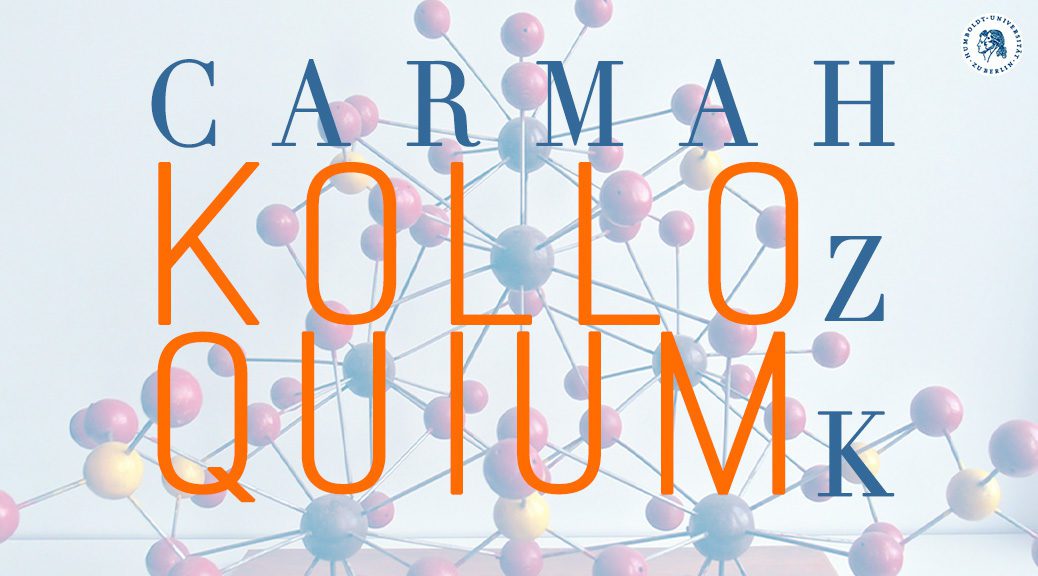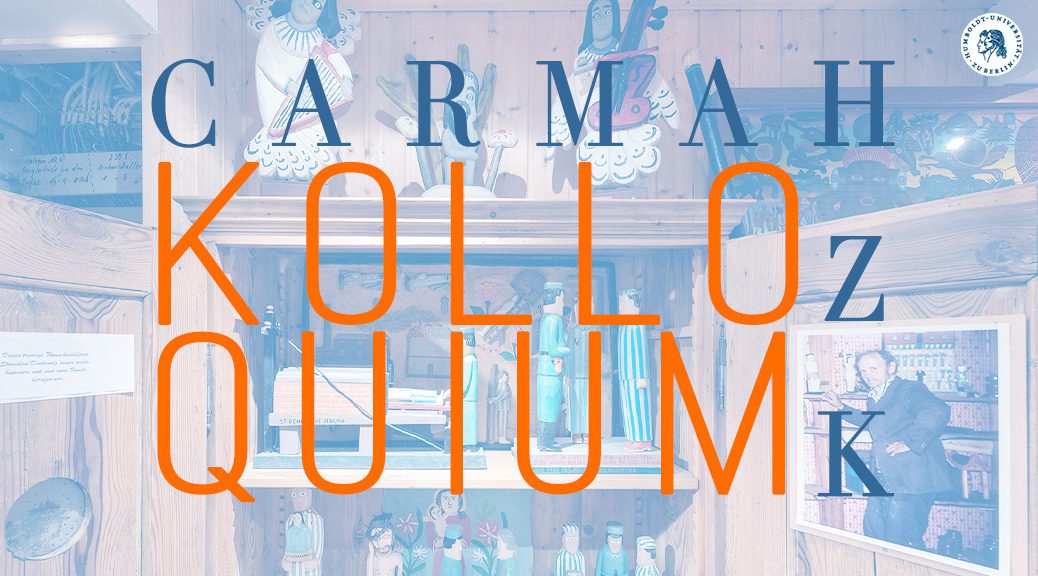What time: 06 February 2023, 2 p.m. right on time.
Where: The event will take place at the Helmholtz-Zentrum für Kulturtechnik (Haus 3, Gerlachbau next to the Tieranatomische Theater, Campus Nord, Philippstraße 13) and virtually (access data for the video conference will be provided on request by email to oliver.zauzig@hu-berlin.de).
The Phyletic Museum in Jena was founded in 1907 by Ernst Haeckel, who made Charles Darwin’s theories known in Germany. The main theme of the museum is accordingly evolution. In the museum, living and dead animals are related to people of the past and present. The film project accompanies the work of the museum educator and shows her practices in dealing with objects, her interpretation of the (biological) world and the communication of biological knowledge to the public and the student body. The focus is on the history and use of the teaching collection of the Institute of Special Zoology at the University of Jena, which the museum houses – and the small and large irritations that its objects trigger in viewers.
Wolfram Höhne is an author and filmmaker. He works at the interface of art and cultural heritage research. He is currently the academic coordinator of the research training group “Identity and Heritage” at the Bauhaus University Weimar and the Technical University Berlin.
Larissa Förster is a cultural anthropologist working on the (colonial) history of museum and university collections, provenance and restitution research, and questions of postcolonial memory culture. She is an associate member of CARMAH. Together with the historian Holger Stoecker, she wrote the book “Haut, Haar und Knochen. Koloniale Spuren in naturkundlichen Sammlungen der Universität Jena” [engl. transl. “Skin, hair and bones. Colonial Traces in Natural History Collections at the University of Jena”] (2016).
Michael Markert is a historian of science and works on natural science teaching collections and their objects – zoological wall charts, anatomical models, physical apparatus – as well as related topics such as collection ethics and digitisation. He is currently a project manager developing workflows for enriching museum metadata at the Thuringian University and State Library.
The film and lecture are in German.
